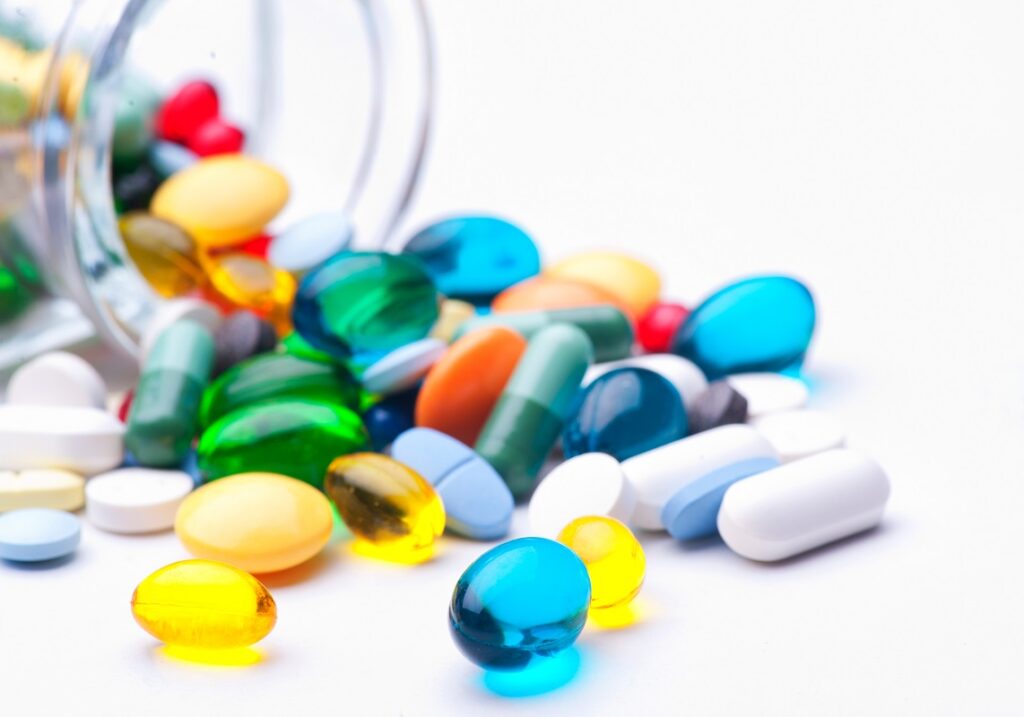- Quality control is crucial for the growth and success of startup pharmaceutical businesses in a competitive market.
- Investment in high-quality equipment, facilities, and environmental monitoring systems can significantly improve product quality.
- Staff training in quality assurance and adherence to industry standards and regulations ensures efficient operations and product safety.
- Proper documentation, record-keeping, and rigorous testing, verification, and validation minimize risks and ensure regulatory compliance.
- Partnerships with reliable suppliers and vendors contribute to maintaining high-quality standards in pharmaceutical products.
Starting a pharmaceutical business can be quite a challenging and daunting task. The industry has become quite competitive and challenging with the increasing demand for healthcare supplements and remedies. However, a budding pharmaceutical business can stand out and excel in the market with the right strategy and approach. One of the most crucial aspects of growing and fostering a pharmaceutical company is focusing on quality control. This article explores how startup businesses can enhance their quality control measures.
Equipment and Facilities
The machinery and equipment used in producing pharmaceutical products significantly impact the product’s quality. Ensuring that an adequate budget is set aside for purchasing and maintaining the necessary equipment is essential. Proper facilities also play a significant role in maintaining high-quality standards. Here are some equipment that can enhance quality control in pharmaceutical businesses:
High-Performance Liquid Chromatography (HPLC)
This HPLC is used for the analysis and separation of pharmaceutical compounds. It can accurately detect impurities in drugs and ensure that the right concentration of active ingredients is present.
Line Clearance Equipment

These are essential for preventing cross-contamination during production. They ensure no mix-up of ingredients and products, which can lead to poor quality or even harmful drugs. Some examples of line clearance equipment include air showers, sanitizing tunnels, and gowning rooms.
Capping and Labeling Machines
When bottle packaging is used, capping and labeling machines ensure consistency and accuracy in product labeling. This prevents errors that could lead to quality issues. A high-quality bottle capping machine can prevent contamination from entering the product during the sealing process, while a labeling machine ensures the correct placement of labels and barcodes on products.
Environmental Monitoring Systems
These systems are used to monitor the production environment for any potential sources of contamination. This includes tracking temperature, humidity, and air quality to ensure that the manufacturing process maintains high-quality standards. With an environmental monitoring system, any deviations from the ideal conditions can be identified and addressed promptly to prevent compromising product quality.
Staff Training and Quality Assurance
Investing in hiring qualified personnel and providing ongoing training ensures both the efficiency and effectiveness of the company’s operations. It is critical to have a dedicated quality assurance staff that can conduct regular inspections to control and improve the quality of the entire process. The quality assurance section should be composed of trained professionals who have the necessary skills to monitor the whole production process.
If your staff is well-trained and knowledgeable about quality control, they can easily identify and address any potential issues before they arise. Regular training sessions should also be conducted to keep employees updated on industry standards and regulations to ensure that all products meet the required safety and quality standards.
Documentation and Record Keeping
Proper documentation and record-keeping are essential in ensuring that the pharmaceutical business adheres to the required regulations and guidelines that govern the industry. Documentation provides an organized system to quickly track any issues or concerns that arise during the production process. It enables the company to make necessary adjustments, reducing the risk of recalls, lawsuits, or regulatory sanctions.
Testing, Verification, and Validation

The testing phase is one of the critical stages in ensuring that the final product is of the highest quality possible. Testing products to ensure that they meet the required quality standards is vital. Verification and validation are also essential in establishing that the processes and procedures used by the pharmaceutical business are effective, efficient, and dependable. Even with the best equipment and facilities, testing, verification, and validation are necessary to ensure that the final product is of the highest quality.
Partnering with Suppliers and Vendors
Working with high-quality suppliers and vendors assures that the pharmaceutical business’s final product is also high quality. Partnering with reputable suppliers guarantees that the raw materials used to produce the pharmaceutical products meet industry standards. Suppliers with a good track record and a reliable supply chain can help reduce the risks associated with supply chain breakages and shortages.
Quality control remains critical to improving the pharmaceutical business’s reputation, attracting and retaining customers, and complying with industry regulations and guidelines. Focusing on improving quality control measures can reduce costs, increase productivity, reduce employee turnover, and increase customer loyalty. With the right approach and strategy, startup pharmaceutical businesses can succeed and stand out in a competitive market.
